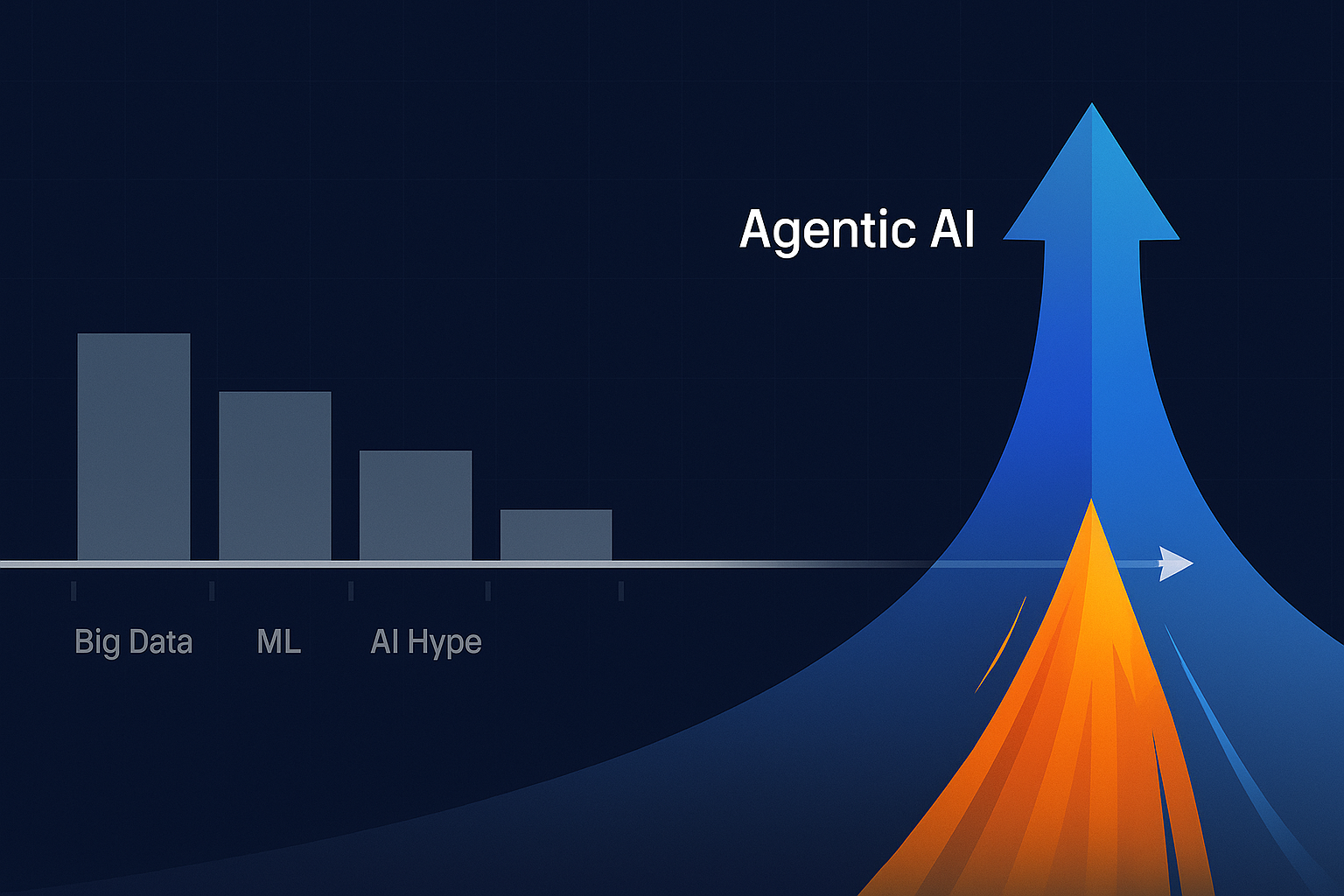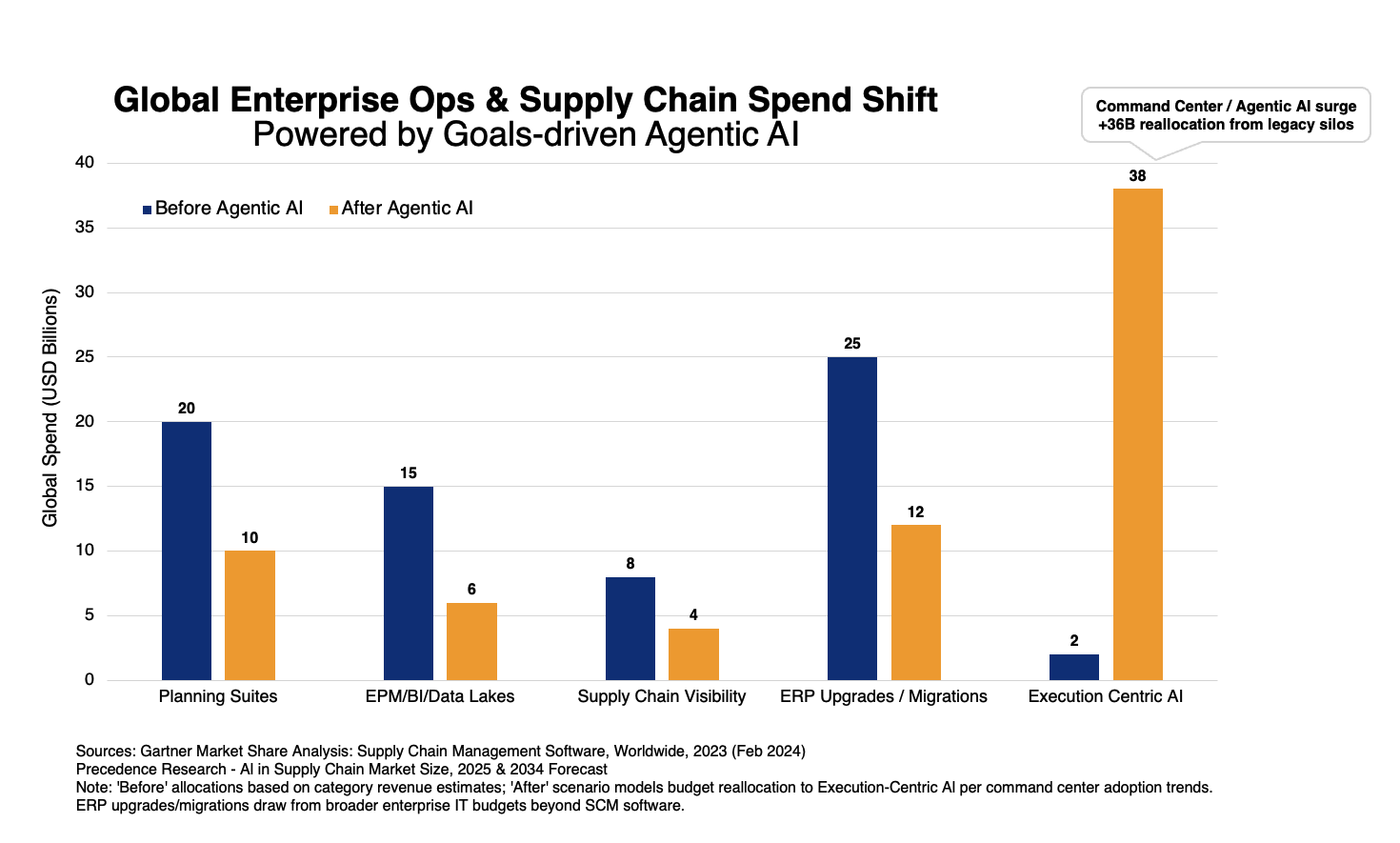The Data-Driven Organization...

In recent years, a new saying has grown popular among many business leaders: “Data is the new oil.” With the advent of IoT, mobile devices, and web services, the volume of data available has increased exponentially.
Forward-thinking companies are realizing that there are hidden riches locked inside their information systems; and with the right data strategy, there is even more value to found.
Many companies have begun to exploit that underutilized resource. The ones with the most effective strategies to do so will undoubtedly gain a strategic advantage over their competitor.
Just like oil, though, data is of little use if it cannot be extracted, refined, and ultimately delivered to someone who can create value from it. Data is driving breakthrough insights that help companies better understand their customers, market trends, and risks.
Many of those insights have an impact at the strategic level; but the benefits of such insights may be difficult to measure, and monetize, especially in the short-term.
Fortunately, there are some excellent examples of data-driven decision processes that can produce far more tangible and immediate results. For companies that deal in physical products, supply-chain decisions should claim the number one spot on that list.
It is indisputable that supply-chain decisions can produce immediate, measurable value. When information flows freely, with little or no friction, those decisions happen faster and therefore produce better results. When slow-moving inventory sits on the shelf, it is (at best) tying up resources that could be deployed elsewhere. More importantly, it could be losing value with every day that passes. When it comes to supply-chain decisions, speed matters.
But speed is not the only important factor. Supply-chain decisions must be informed by data that is accurate, up-to-date, and as comprehensive as possible. With end-to-end (E2E) monitoring of the supply-chain, including shipment status, demand factors, external events, and more, managers have more input and are therefore capable of driving better decisions.
The AI Advantage
With all that data, decision-making has the potential to grow in complexity. Fortunately, AI and machine learning have advanced considerably in recent years. When these technologies are applied to a specific domain, – such as supply-chain management, – they empower managers to make smarter decisions on a consistent basis.
Machine learning analyzes past decisions, new algorithms, and results to provide a basis for constant improvement over time. The net result is the simplification of a very complex domain.
OpsVeda’s machine learning algorithms are built around the philosophy of management by exception. If the situation falls within acceptable parameters, for example, if demand is stable, supply is predictable, and shipments are expected to arrive on time, then no additional action is required. But when there are exceptional circumstances, such as potential spikes (or lags) in demand or delayed supply from suppliers, or shipment delays, system raises an exception and makes optimization recommendations based on desired outcomes.
Machine learning drives better results, and management-by-exception ensures that the time and attention of key personnel is spent where they will have the greatest impact. OpsVeda leverages machine learning and other advanced analytic techniques to continuously monitor your supply-chain in real-time and provides specific quantity and value assessments relating to exception events.
If the COVID crisis has prompted you to take a fresh look at your supply-chain practices, we would like to talk to you about how we can help. Visit us at https://opsveda.com or contact us at info@opsveda.com to learn more.







